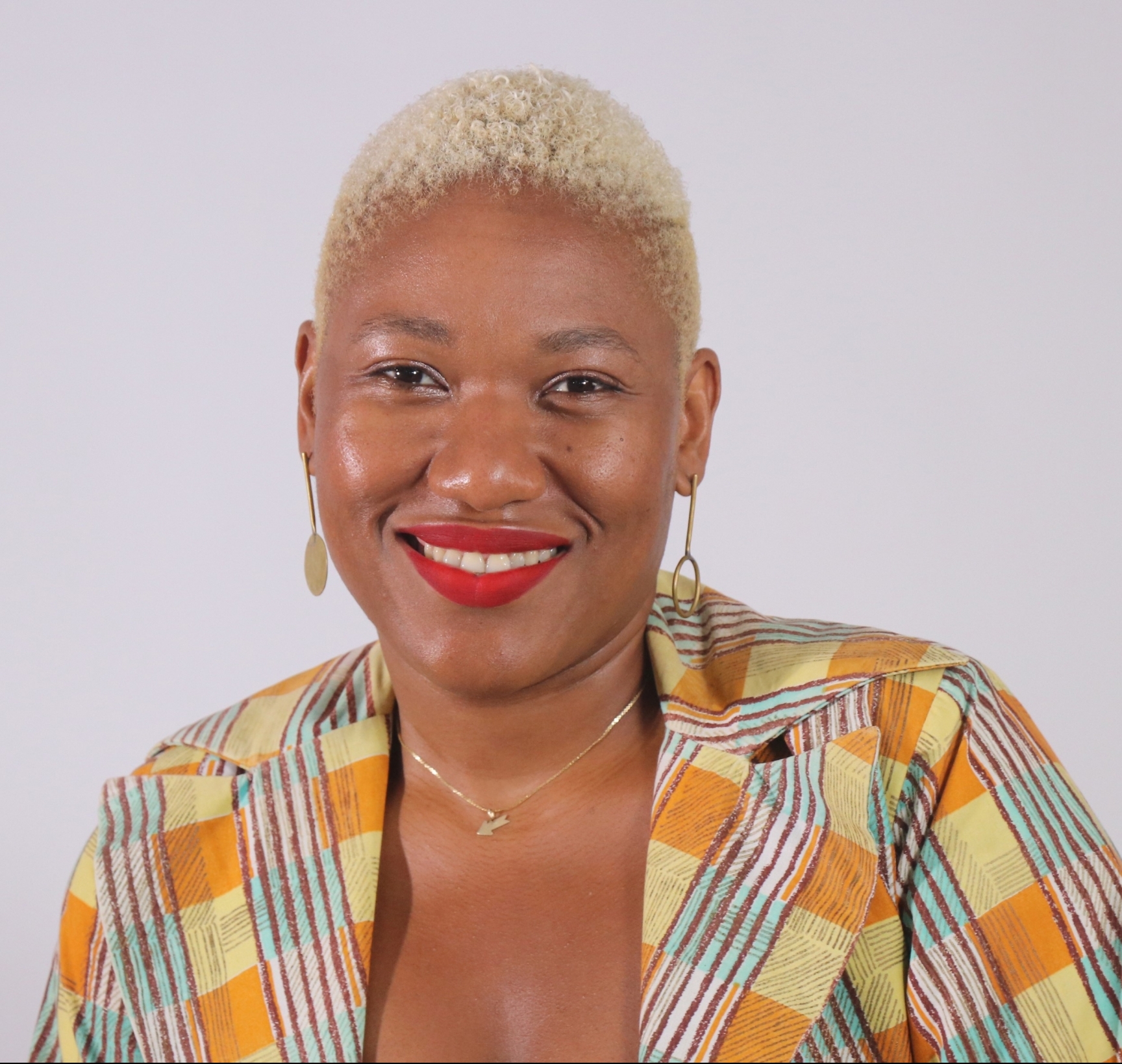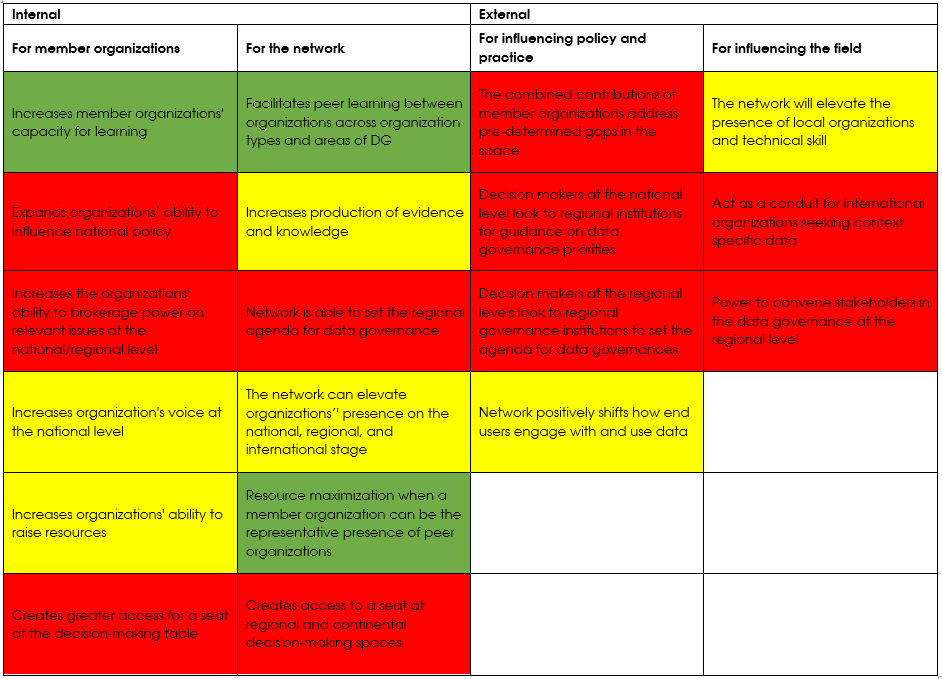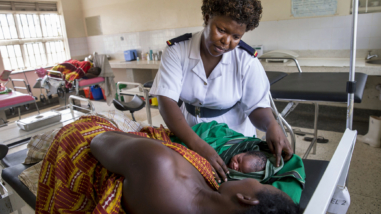Pressure testing our ideas: A challenge to funders

Funders tend to take a field-level view of our work. Rather than supporting one great organization to advance a particular goal, we often support a collection of organizations that can each bring their own expertise, position, and relationships to bear on a common priority. In the simplest terms, a “field” is a collection of people and organizations that are working toward similar or aligned goals both individually and through collaboration and shared learning. In the timeless piece Strength in Numbers: Taking a Field Level View, Ruth Levine explains that the “tactical unit of action for a foundation is the grant award,” while the “strategic unit of action is a field.”
As we build new lines of work, processing a set of individual grants to great organizations, we often ask ourselves, “What more could I do to help strengthen the field?” This question is as imbued with power as the more common question of “Who do I fund?” Funders’ ideas and actions can significantly influence how a field develops and who leads within it. And how funders choose to engage with and support a field can inadvertently distort power dynamics among organizations in that field.
These questions were on my mind a year ago as I started supporting work on data governance. As part of our evidence-informed policymaking strategy, the data governance work supports African research and advocacy institutions informing the policies, regulatory authorities, and decision-making frameworks that guide how governments collect, share, and use data in the course of policy and program decisions. The goal is to help governments in East and West Africa develop a balanced approach to data governance—enabling the societal and economic benefits of using data for decision-making and transformation, while also protecting personal privacy and preventing misuse of data. In addition to supporting the great work of individual organizations like Africa Digital Rights Hub in Ghana, CIPESA in Uganda, Centre for Study of African Economies in Nigeria, and Open Institute and Amnesty International in Kenya, I wondered about ways to connect these organizations, foster learning among them and with others, and the potential for collective action. I was starting to take a field-level view and I was not alone in this.
As the COVID-19 crisis increased the urgency of balancing data rights and data use, other funders have responded too, many building on their existing work on digital rights, cyber policy, AI policy, and internet freedoms. I found a wonderful ally in Thea Anderson on the Responsible Technology team at Omidyar Network. Together, we considered whether to support the creation of an Africa data governance network to bring together a diverse group of voices, geographies, and areas of expertise relevant to data governance. Our idea was that such a network could help foster shared learning to strengthen institutions; increase policy influence by information sharing and collective action; elevate African voices in regional and global debates about data governance; and connect expertise across economic, legal, tech, and human rights domains. But we weren’t sure. Did this idea make sense or would be just be adding another network onto the scene? Was it a good way to help strengthen the field?
Thea and I turned to the terrific Dakar-based team at Niyel to help us determine if a network would be useful and whether we were even asking the right questions. The Niyel team conducted consultations with a range of African organizations—advocacy groups, public policy and research institutions, and policy officials working on data governance. The team developed an analytical framework to pressure test our assumptions about whether and how a network could be useful (see below). Most importantly, the Niyel team had an excellent radar for distinguishing between what people really mean and what they think funders want to hear.
Niyel was able to hear the signal that a network is not what the field needs or wants.
By increasing the power of others’ ideas to challenge our own, we are getting smarter about how to support this emerging field. To share our learning from this experience, I invited into conversation Thea and Valerie Traore from Niyel.
Sarah Lucas: Thea, why did you decide to take this approach of working with Niyel to test the network idea?
Thea Anderson: The data governance space is dynamic. It is filled with tensions on who designs, who defines, and who leads the narrative and substantive priorities today and into the future. Could a network with different voices and tactics but similar high-level priorities be more effective than a collection of organizations acting alone? Could it influence the complicated, contentious, and rapidly evolving policy debates? This is what we wanted to find out. And we wanted to work with an African organization that could cut through the talk and one that understands how advocacy and narrative building can influence policies and practices. I also purposely look to support organizations founded by and led by women, as Niyel is.
Sarah Lucas: Valerie, what was different about this approach from Niyel’s other consultancies?
Valerie Traore: This project was quite different from most of the other work that we do. In many projects, we are either helping organizations design strategies to increase the policy or practice impact of their work or working on long-term projects where we engage movements and policymakers. In other projects we are told, “This is what we want. Please help us make it stronger.”
This is the first time a funder has come to us with an idea and said: “This is what we think is needed, but we are open to being told otherwise. This is what we want, but more important than what we want is knowing and supporting what the field really needs.” This approach in itself is revolutionary amongst funders. Money is power, and power often has the effect of making people think they know exactly what is best for others. This process was an attempt to challenge those very assumptions.
Sarah Lucas: Thea, how can funders be better listeners to what the field really needs and wants?
Thea Anderson: Be open about what we don’t know and dedicate time and resources to learn from those doing the work. It may seem obvious, but in reality, we know that doesn’t always happen. Listen to a diverse group of individuals, organizations, different people in those organizations, and existing networks. Don’t assume you already know everything that is happening in the field. Engage individuals and organizations with different political and geographic backgrounds to test assumptions. Ask who isn’t there but needs to be. Ask the uncomfortable questions even if it means changing strategy and timelines, such as how the field wants to measure success and what needs to change for success to happen. So much of listening comes down to trust between funders and partners so be intentional and take the time to build trust. Also, pay for individuals’ time in extensive consultations rather than expecting them to provide their expertise for free.
Sarah Lucas: Valerie, how do you see power dynamics playing into these kinds of consultations? How do you overcome those power dynamics and really hear what people in the field want, rather than what they think funders want to hear?
Valerie Traore: One thing I am well aware of is that, as much as we decry the power dynamics of western funders, those same dynamics can extend to consultants that funders hire, even if they have offices and staff on the ground. So going in, we had to be conscious of the different ways power could manifest and be mindful not to perpetrate or further power imbalances. We did this in two ways.
First, we established a transparent and structured way to test Thea and Sarah’s ideas about a potential network, to bring in totally new ideas, and get a more nuanced analysis than just an answer of “yes” or “no” for a network. Our criteria framework tried to decipher whether a network would: 1) add significant value to the individual member organization, 2) benefit the network itself, 3) be able to influence policy and practice on the continent, and, finally, 4)influence the field of data governance.





